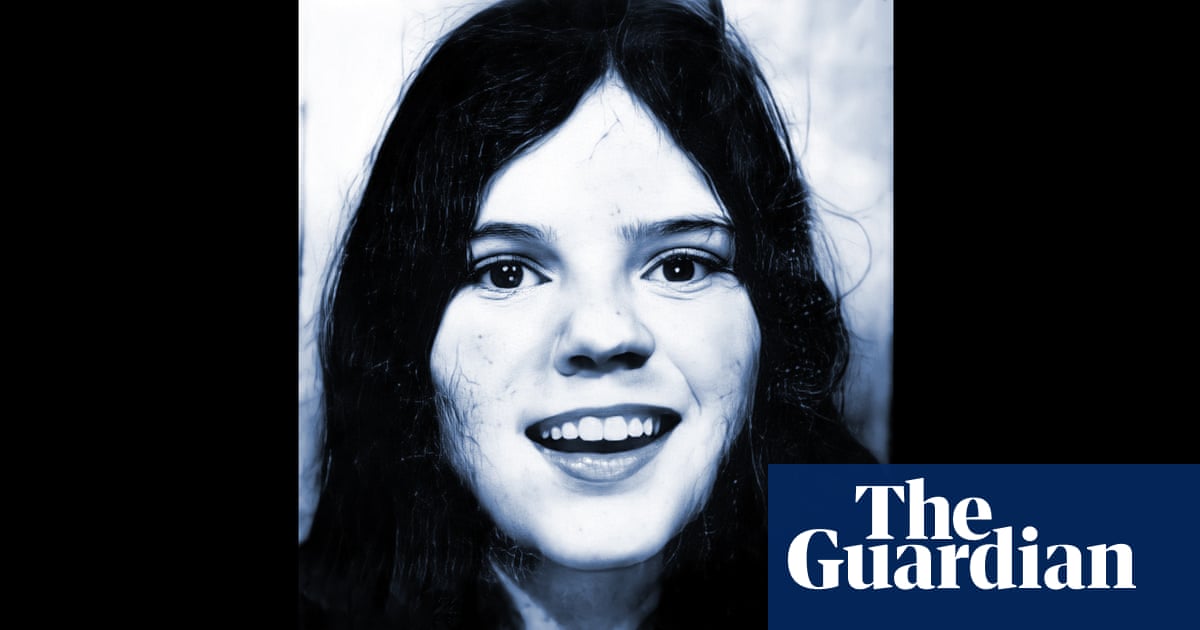
Two British army veterans will not be prosecuted in relation to the deaths of a schoolgirl and unarmed civilian in two separate shooting incidents that took place in Northern Ireland more than 50 years ago.
Prosecutors said that in both cases – the deaths of Annette McGavigan, 14, and William McGreanery, 41, in Derry in 1971 – the available evidence was insufficient to provide a reasonable prospect of conviction in court.
The Public Prosecution Service (PPS) added that the situation was also hampered by a “failure to conduct effective investigations at the time”, the number of years that had passed since and the deaths of significant witnesses.
Martin Hardy, the PPS assistant director, said: “We recognise that these decisions not to prosecute will be deeply disappointing to the victims’ families who lost their loved one in very painful circumstances and are understandably still seeking clarity on what happened.”
Both decisions had to be made before a 1 May deadline imposed by the controversial Northern Ireland legacy act, originally designed to prevent ageing army veterans from historic prosecutions but extended to cover all Troubles-related deaths. After that date, no prosecution could have proceeded to trial.
McGavigan was shot dead, while still wearing her school uniform, amid rioting in the Bogside area of Derry on 6 September 1971. Prosecutors were considering whether to take action against a veteran known only as Soldier B.
The PPS concluded that it was not possible to determine whether Soldier B had fired the shots that killed the teenager. It was also possible, they added, the shots were instead fired at a gunman some witnesses reported seeing, and so were fired legally in self-defence.
Shortly after the prosecution announcement, Northern Ireland’s attorney general, Dame Brenda King, granted a fresh inquest into McGavigan’s death. But it is expected to be cut short by the 1 May deadline, as only inquests in their advanced stages will be allowed to go ahead beyond this date.
Patricia Coyle, the solicitor for McGavigan’s family, said they “will not be deterred in campaigning to action the attorney general’s direction”, and added that the family had also applied to the European court of human rights (ECHR) to challenge the cut off.
McGreanery, a shop assistant, was shot in the street a few days later on 15 September 1971, as he walked past an army observation point near the Bogside, and died that day – with prosecutors examining whether to put Soldier A on trial.
Prosecutors said they were satisfied that the available evidence was capable of proving that McGreanery was unarmed and presented no threat – but the admissible evidence was insufficient to prove that Soldier A was responsible for his death.
Labour has said it would repeal the legacy law if it wins the next election, and the legislation is opposed by victims rights groups, Northern Ireland’s five main parties and the Irish government amid concerns that it left victims’ families unable to see justice in the courts.
Ireland has taken an inter-state case to the ECHR, to test whether the legacy act is compliant with European human rights laws.
Source: theguardian.com



